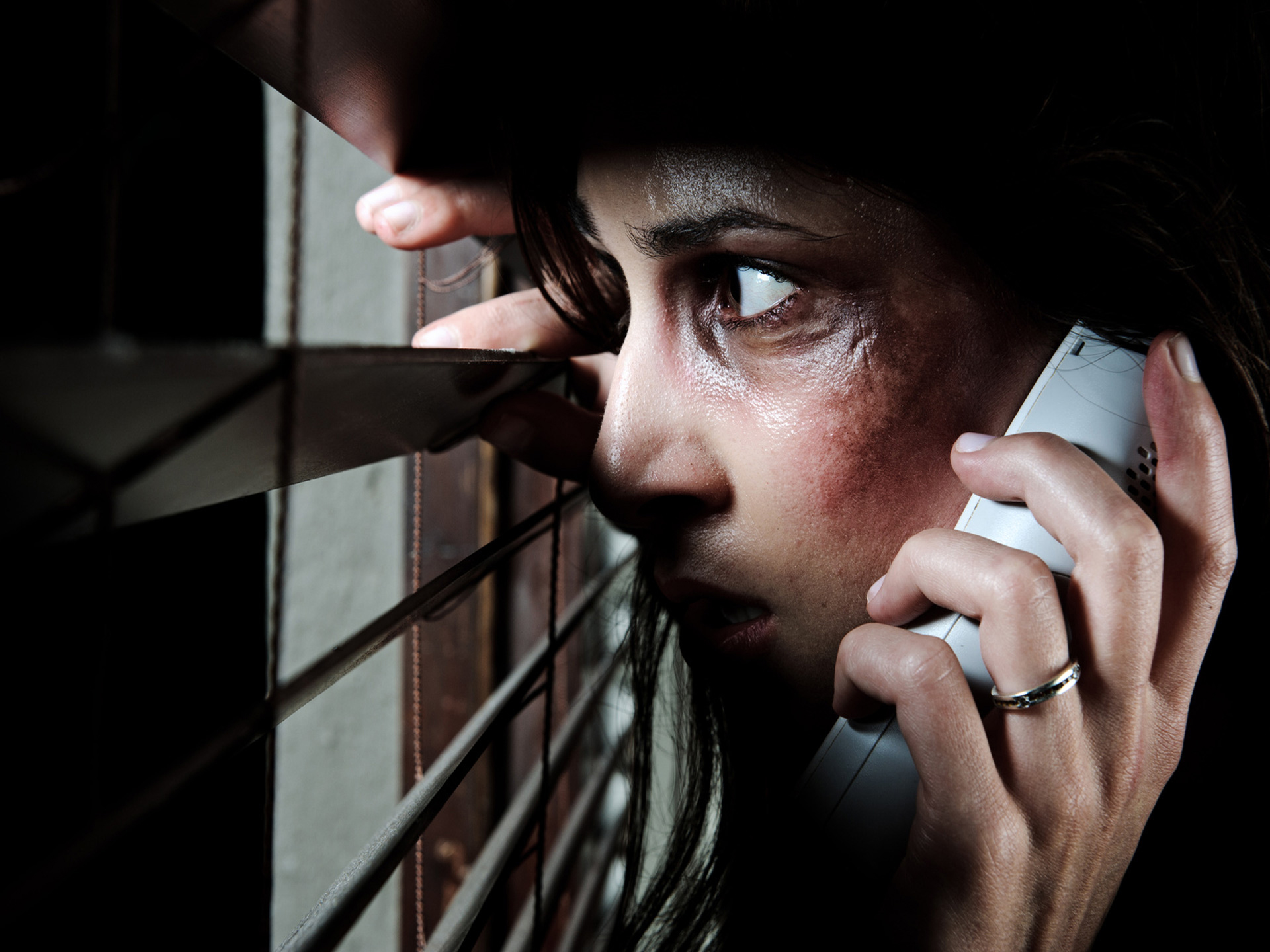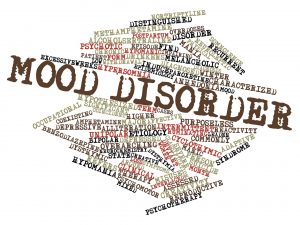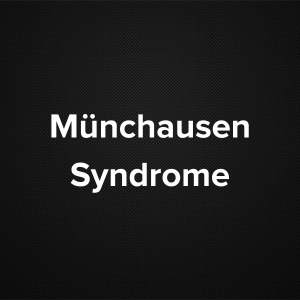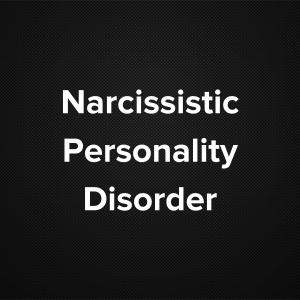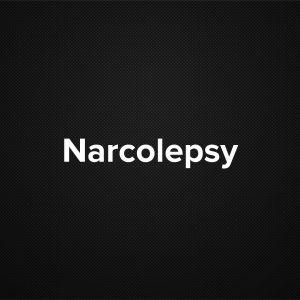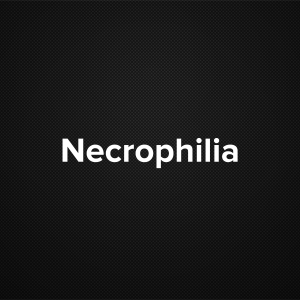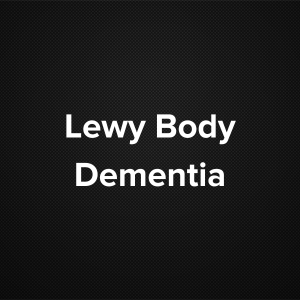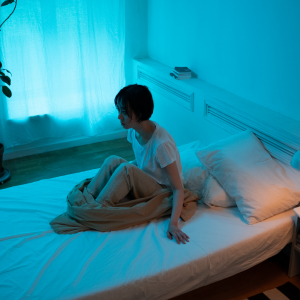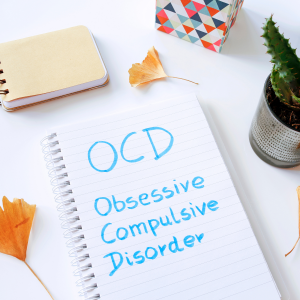Imagine checking to see if you have left the gas valve on by mistake? Or just maybe you keep every sharp object locked away as you are afraid of hurting someone accidentally. What would you call that? Prudence? If this is a one-off thing or a general habit then one can call you ‘extremely cautious’, but if these thoughts and images keep flashing in front of your eyes and make you feel uncomfortable, then maybe you suffer from Obsessive Compulsive Disorder (OCD).
Recurrent disturbing thoughts are called obsessions. In order to control these thoughts, a person feels an irresistible urge to repeat certain actions or behaviours called as compulsions. Any abnormal preoccupation with thoughts or ritualistic behavior or preoccupation extreme sanitation or sexual thoughts can be OCD.
Thus a person who is afraid of burning his house down will then be continuously checking to see if the stove is on or not. Someone obsessed with cleanliness will constantly check to see if any dust has come in after his last swipe.
The thoughts generally may not have any logical basis and can cause great distress. Often the intensity of these compulsive thoughts is so great, or the rituals that the person sets up are so time consuming, that it hampers with the person’s ability to concentrate on anything else.
The more the person tries to ditch these compulsions the stronger a hold they have on him.
Is there a cure for OCD?
According to Psychology Today Journal, OCD can be accompanied by eating disorders, other anxiety disorders, or depression and can strike men and women equally. It appears in childhood, adolescence, or early adulthood. One-third of adults with OCD develop symptoms as children, and research indicates that OCD might run in families.
Although OCD symptoms are typically begin during the teen years or early adulthood, research shows that some children may even develop the illness during pre-school. Studies indicate that at least one-third of cases of adult OCD began in childhood. Suffering from OCD during early stages of a child’s development can cause severe problems for the child.
Behaviour Therapy and Pharmacotherapy are the lines of treatment available for OCD. In Behaviour Therapy, the patient is encouraged to accept rather than resist the obsessive thoughts. This slowly helps the individual to understand his thought patterns and then gain control over them. For most OCD patients, it is an extremely slow road to recovery.

